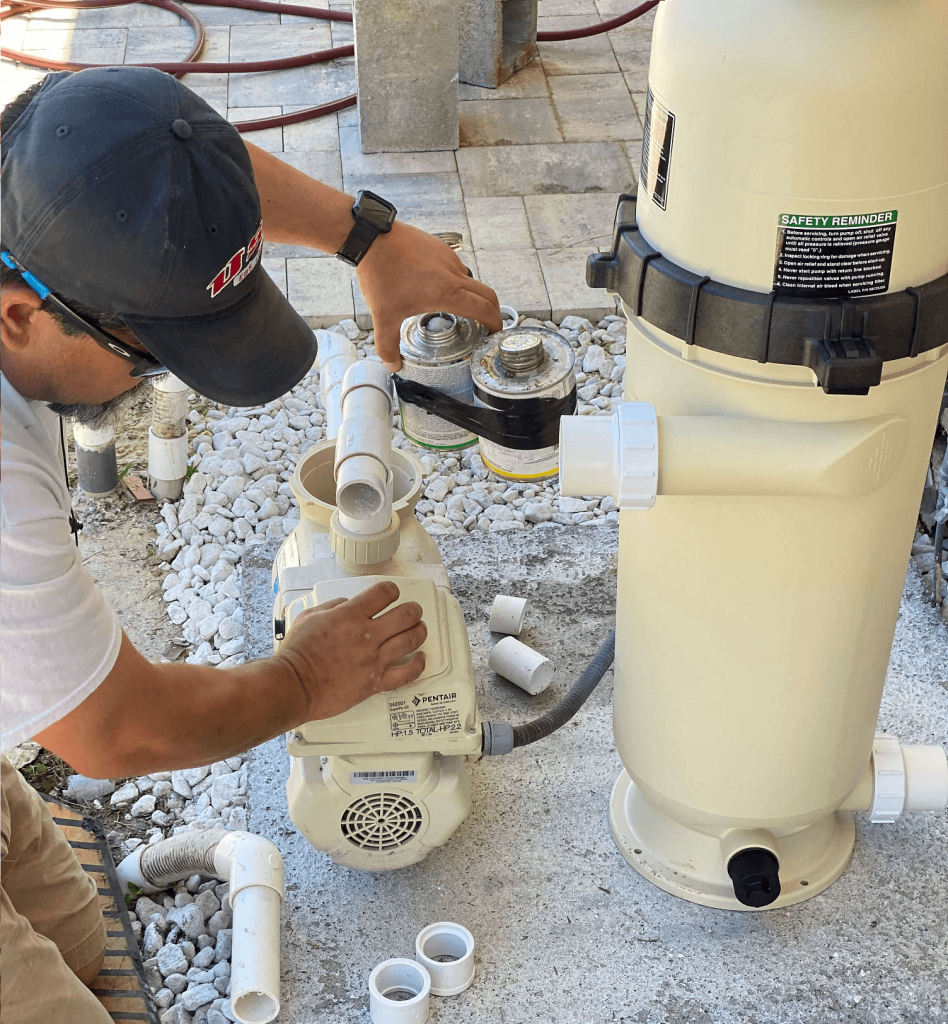Cutting-Edge Water Filtration Systems: Promoting Healthier Living Atmospheres
Cutting-Edge Water Filtration Systems: Promoting Healthier Living Atmospheres
Blog Article
Comprehending the Secret Elements of Effective Water Filtration Systems

Importance of Water Filtering Systems
Water purification systems play a vital function in ensuring access to safe and clean alcohol consumption water by effectively eliminating pollutants and impurities. These systems are essential in dealing with the growing concerns over water high quality and the possible health and wellness risks related to consuming polluted water. By using numerous purification devices such as reverse osmosis, activated carbon, and UV sterilization, water filtering systems can effectively get rid of hazardous materials like microorganisms, infections, heavy metals, and chemicals from the supply of water.
Furthermore, water filtering systems help to boost the preference and smell of water by removing chlorine, debris, and various other toxins that can impact its quality. Water Softeners. This improvement in water high quality not just makes it extra tasty yet likewise motivates individuals to consume alcohol an appropriate quantity of water daily, advertising far better hydration and total health and wellness
Types of Purification Elements

Physical filters are developed to literally stress out impurities from the water. These filters can be made from materials like ceramic, carbon, or even sand, and they work by capturing fragments larger than the filter's pores as water travels through.
Chemical filters utilize various chemical procedures to eliminate pollutants from the water. Instances include triggered carbon filters, which adsorb contaminations, and reverse osmosis membrane layers, which utilize stress to separate impurities from the water.
Organic filters utilize living organisms like germs or algae to damage down raw material and toxins in the water. These filters are commonly utilized in wastewater therapy plants or natural water filtration systems.
Comprehending the different kinds of purification components is essential for picking one of the most appropriate water filtering system for certain purification requirements.
Feature of Debris Filters
Sediment filters play an essential function in water purification systems by successfully capturing solid particles suspended in the water. These filters are typically the very first line of defense in a purification system, eliminating larger particles such as sand, silt, dirt, and corrosion before the water moves via finer filtration stages. By trapping these debris, the filters stop them from getting to downstream elements, therefore prolonging the life-span and performance of the whole system.
The function of debris filters is vital in keeping water high quality and shielding delicate tools from damage brought on by debris. In addition, by getting rid of visible particles, sediment filters improve the clarity and taste of the water. On a regular basis changing or cleansing sediment filters is important to guarantee ideal efficiency. Disregarding this maintenance can lead to clogging, lowered water flow, and endangered purification performance. In general, debris filters are important parts that contribute significantly to the performance of water purification systems.
Function of Triggered Carbon Filters
Playing an essential duty in water filtering systems, turned on carbon filters are instrumental in eliminating contaminations and impurities from the water supply. As water passes with the filter, published here the triggered carbon attracts and holds onto the impurities, making certain that the water that comes out on the other side is cleaner and much safer for usage.
Triggered carbon filters are very efficient at boosting the taste and odor of water by reducing chemicals that can affect its high quality. They are likewise with the ability of getting rid of specific heavy steels like lead and mercury. In addition, these filters can assist protect against the build-up of bacteria and algae in water, additional boosting its general high quality. Because of their versatility and integrity, turned on carbon filters are an essential component in making certain that water is purified to the highest criteria before reaching consumers.
Recognizing Reverse Osmosis Solutions
Reverse osmosis systems are innovative water purification systems that use a sophisticated process to get rid of contaminants and impurities from alcohol consumption water. These systems function by applying stress to the water, requiring it with a semi-permeable membrane layer. This membrane layer works as a barrier, permitting only pure water particles to pass through, while obstructing bigger particles such as minerals, chemicals, and various other pollutants. As an outcome, the water that comes out beyond is substantially cleaner and more secure for consumption.
Additionally, reverse osmosis systems are relatively low-maintenance and can be mounted under the sink or in a central filtration system, providing convenient accessibility to clean water throughout the house. Overall, understanding how reverse osmosis systems function can help people make informed choices concerning their water purification needs.
Verdict
In conclusion, reliable water filtering systems are visit their website important for guaranteeing risk-free and tidy alcohol consumption water. By recognizing the feature and duty of each element, individuals can make enlightened decisions when selecting a water purification system.
Water filtration systems play a vital role in making certain access to clean and risk-free drinking water by efficiently removing contaminants and impurities. By using various purification mechanisms such as reverse osmosis, triggered carbon, and UV sanitation, water purification systems try this can successfully get rid of dangerous substances like germs, viruses, heavy metals, and chemicals from the water supply.
Debris filters play a crucial role in water purification systems by properly catching solid bits suspended in the water (Water Treatment).Playing a critical role in water filtration systems, triggered carbon filters are instrumental in getting rid of impurities and pollutants from the water supply.Reverse osmosis systems are advanced water filtering systems that employ an advanced procedure to eliminate impurities and pollutants from alcohol consumption water
Report this page